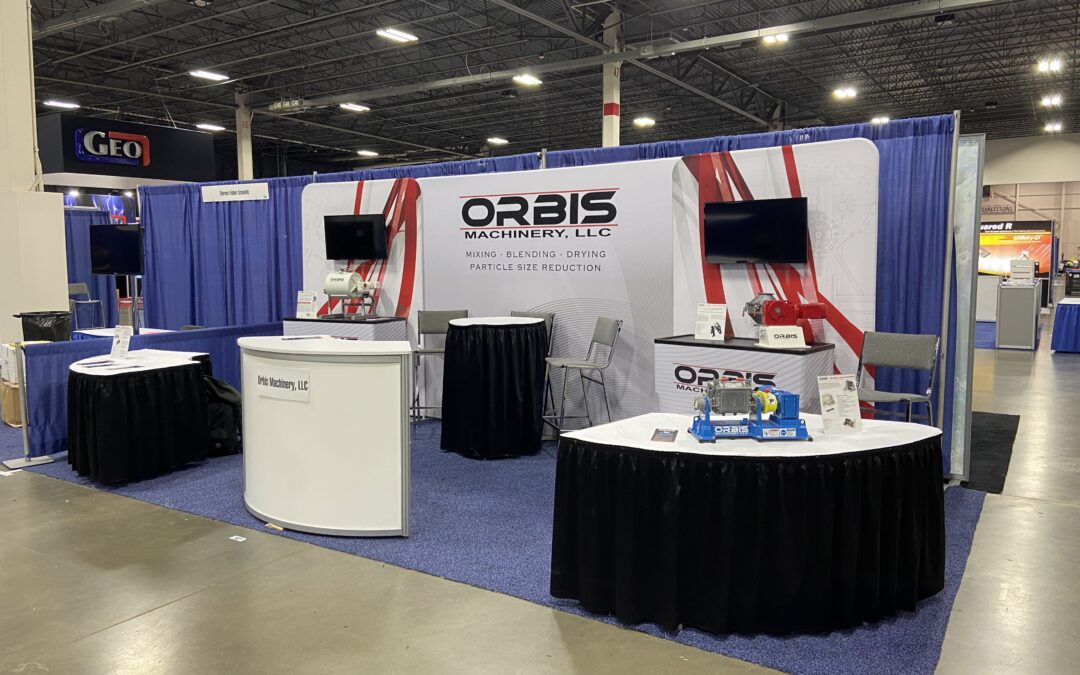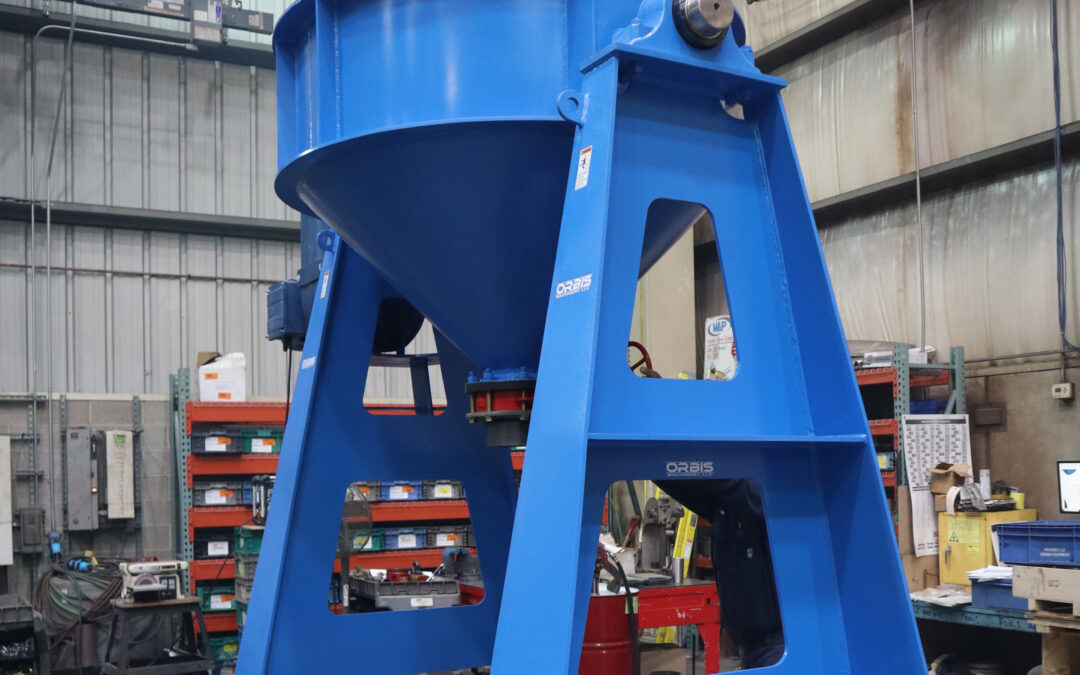If you’ve had the chance to read an op-ed manufacturing or you’ve been to a trade show, then chances are that you’ve seen the term ‘Industry 4.0’. Depending on the person you ask, the words ‘Fourth industrial revolution’ may very well be a bunch of empty buzzwords. However, that’s not the case. To be more specific, these words actually have a major impact on various sectors including the engineering industry.
So, what is the Industry 4.0? Make no mistake: Industry 4.0 are not just mere words put together. If you have not been paying attention to the last century, then you might be forgiven for thinking that we are still on the one revolution.
Industry 4.0 is basically a transition that is currently taking place, though its final outcome is far from certain. Generally, most engineers expect the fourth industrial revolution to involve more optimization than invention.
I’m sure the most burning question in your mind right now is: how industry 4.0 impacts engineering? Well, keep on reading and you will find the answer. But first, a little history to get you up to speed won’t hurt, will it?
Industrial Revolution
The first revolution began between 1760 and 1840. More importantly, this was a time when skilled artisans using their bare hands transitioned to unskilled workers who used machinery that was powered by water wheels. What’s more, this skill set came in handy, especially in textile industries. All in all, the effects of the first industrial revolution were felt in almost all aspects of their daily lives.
Then the second revolution happened in the 19th century and partly the beginning of the 20th century. Unlike the first revolution, the second revolution was characterized by improving existing technologies. On top of that, this revolution also improved the synergies between the technologies.
Eventually, the third revolution came around and this led to the introduction of automation and computer. It was however as disruptive as the first revolution. That’s because the third revolution brought about monumental changes in different sectors enabling levels of precisions. What’s more, the third revolution brought about accuracy thanks to computer numerical controls in levels that were never seen before.
Experts believe that we are now witnessing the unravelling of the fourth industrial revolution. This technology is riding on the back of the third revolution by discovering more advanced uses of digital technology. These include but not limited to robotics, Internet of Things, Bionics, AI and data analytics.
How will the Industry 4.0 affect Engineering?
Without a doubt, the Industry 4.0 will definitely have an effect on engineering if it hasn’t already.
1. Internet of Things
• Analytics and Data: through the use of IoT, engineers will be able to capture, analyse and store data on every part of production. All the way from design to production and you will be able to understand the entire process with ease.
• Engineering Simulations: this method relies solely on VR (Virtual Reality) which helps create realistic holograms or images. These holograms and images eventually fasten product design, reduce time spend on marketing and also reduce iterations.
• Additive Manufacturing: 4D and 3D printing which were previously unimaginable can now be created in even new materials. These allow experts to design products that were previously difficult to create using traditional methods.
2. Quenching the Talent thirst
For instance, the IoT, data can be used to effectively optimize the manufacturing processes. This can be done through engineering processes. Automation and robotics which are key aspects of the industry 4.0 will be in most of the manufacturing equipment in the form of manufacturing features.
Also, data collection techniques such as RFID can be designed into products and parts. Most engineers speculate that there will be more consideration for robotics and automation for the machine making and handling them. That is why the manufacturing and design sectors will continue to grow.
How can engineers prepare for the Fourth Industrial Revolution?
The current Industrial revolution combines physical, biological and digital elements. On top of that, the industrial 4.0 is evolving at an alarming rate. What’s more, it’s already disrupting industries from all over the world.
Even though the exact scope of this coming evolutionary change is hard to speculate with certain accuracy, people should start to prepare and embrace the unavoidable changes.
1. Engineers need to become more attentive and diligent at work
Most of the industrious workforce relies heavily on focusing on the task at hand. That said, different offices try their very best to avoid elements that will create any distractions to their workers. Therefore, knowing how to effectively integrate new tech into the workplace without causing any disruptions in the actual labor is not an easy task.
Additionally, integrating new technology into the workplace is a challenge that most industries will soon face. With that in mind, engineers should quickly hone their skills and talents. This will increase their competitiveness in the industries.
2. Keep up with rapid advancements
We can all agree that the technological world is changing fast. What’s more, technological breakthroughs will still continuously emerge every day. These are actually the core elements of tomorrow’s engineers.
So if you want to get ready then, by all means, you need to stay informed about any technological upgrades. This will be the key factor of the Industrial 4.0.
3. The communication sector is becoming more influential
Today, everyone is always busy with their smartphones. Whether shopping or simply sending a short message to their work partner. Thanks to the internet and media, communication around the entire globe is easier than it has ever been.
That’s not all! The Fourth Industrial revolution dares to amplify this connection to an even bigger and stronger scale. Therefore, billions of people will have access to information and knowledge with an increasingly larger amount of storage and processing speeds.
As an engineer, you should become more adept with today’s devices and apps as they are setting the bedrock of tomorrow’s communications.



